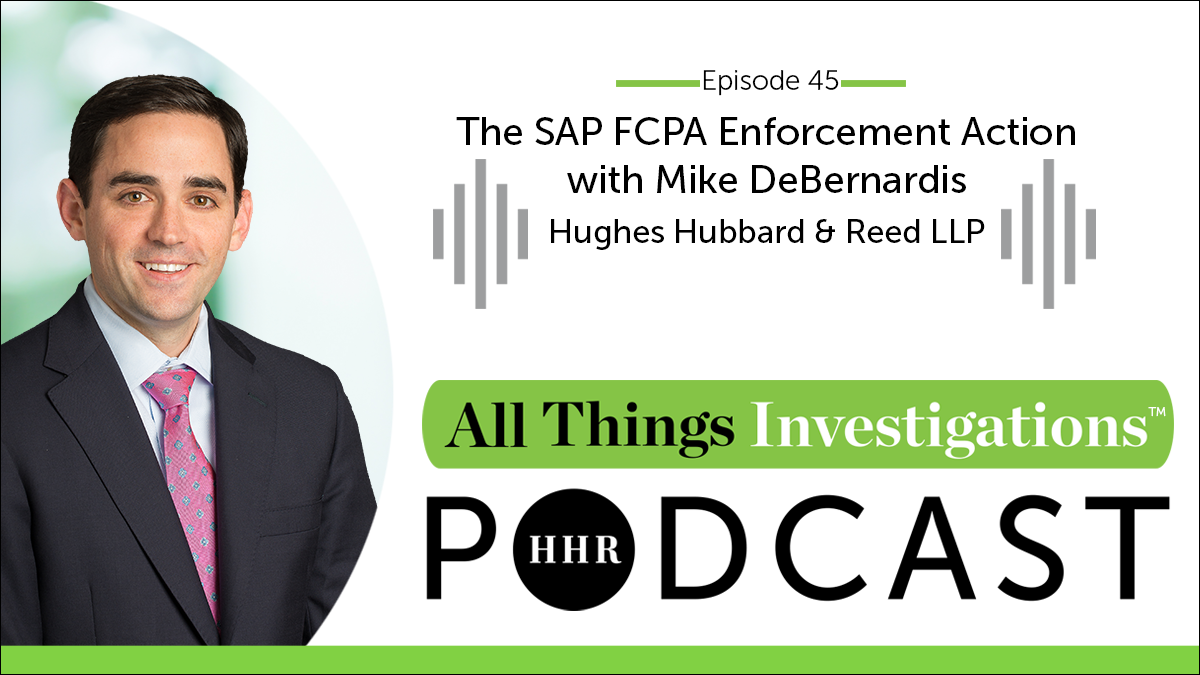Implementing AI in compliance requires strategic considerations and decision-making. Understanding the impact of AI, maintaining an inventory of tools, considering cost efficiency and risk avoidance, involving all business sectors, and utilizing AI for better data usage are key factors to consider. Balancing exploration and rules, as well as selecting the right AI tools, are challenges that need to be addressed. By carefully navigating these considerations and challenges, companies can leverage AI to enhance their compliance programs and stay ahead in an ever-evolving regulatory landscape.
Three key takeaways:
1. What are the key factors that impact these strategic considerations for implementing AI in compliance?
2. Compliance professionals need to stay updated with the latest AI developments and trends, which requires continuous learning and keeping abreast of industry news and insights.
3. Understanding the impact of AI, maintaining an inventory of tools, considering cost efficiency and risk avoidance, involving all business sectors, and utilizing AI for better data usage are key factors to consider.
For more information on Ethico and a free White Paper on top compliance issues in 2024, click here.










